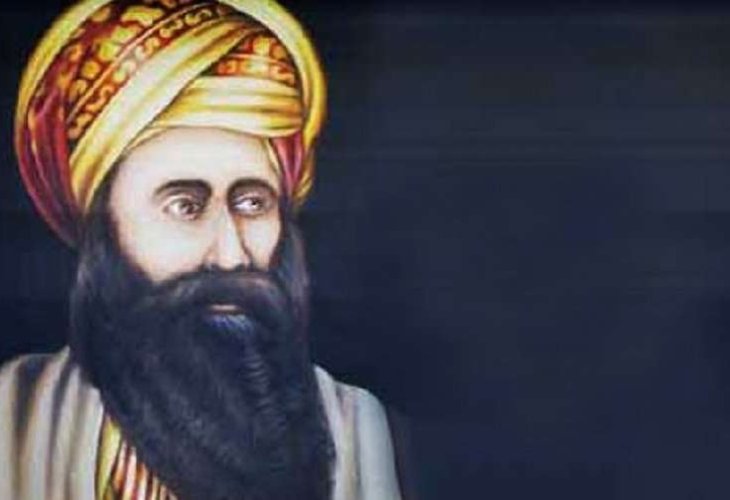A Spiritual Dilemma: Tradition or Idolatry?
A young scholar raised concerns, arguing it looked like idol worship. The community sought guidance from the distinguished Ben Ish Chai in Baghdad.
 (Photo: Shutterstock)
(Photo: Shutterstock)Is it a spiritual tradition or a forbidden act to slaughter an ox at a saint's grave?
The month of Adar I, in the city of Erbil, Iraq, about a hundred years ago. The city's elders and rabbis gathered, worried. Winter was ending, yet rain had been scarce. Livelihoods were at stake if more rain didn’t arrive in the coming weeks. Although it was a leap year, delaying the seasons, the drought was unprecedented even for Erbil's elders.
One elder recounted an old custom passed down from his ancestors: in such cases, they would go to the cemetery and slaughter an ox near each grave of the revered saints who had lived there long ago. After the act, they would recite the Thirteen Attributes of Mercy and blow the shofar, distributing the meat to the poor.
A young scholar from the study hall opposed this, claiming it resembled idol worship, as if they were offering a sacrifice, and therefore prohibited.
The community decided to send their query to Baghdad, seeking the wisdom of the esteemed Ben Ish Chai.
The Ben Ish Chai responded by referring to the Shulchan Aruch, "Anything slaughtered for mountains is forbidden for consumption, even if done without the intent to worship them, but for healing," noting this aligns with the meaningless practices spoken by idol worshippers. Commentators explain: "Saying that if one slaughters at a specific mountain, it brings healing or fertility is forbidden, presumably borrowed from pagan practices. If such customs exist, they must be abolished."
Additionally, the Ben Ish Chai emphasized that all slaughter associated with graves is akin to offerings for the dead. Instead, he suggested slaughtering at home and distributing the meat to the needy there. In such a manner, the act of charity would be complete, bringing peace—which, ultimately, leads to rain.

